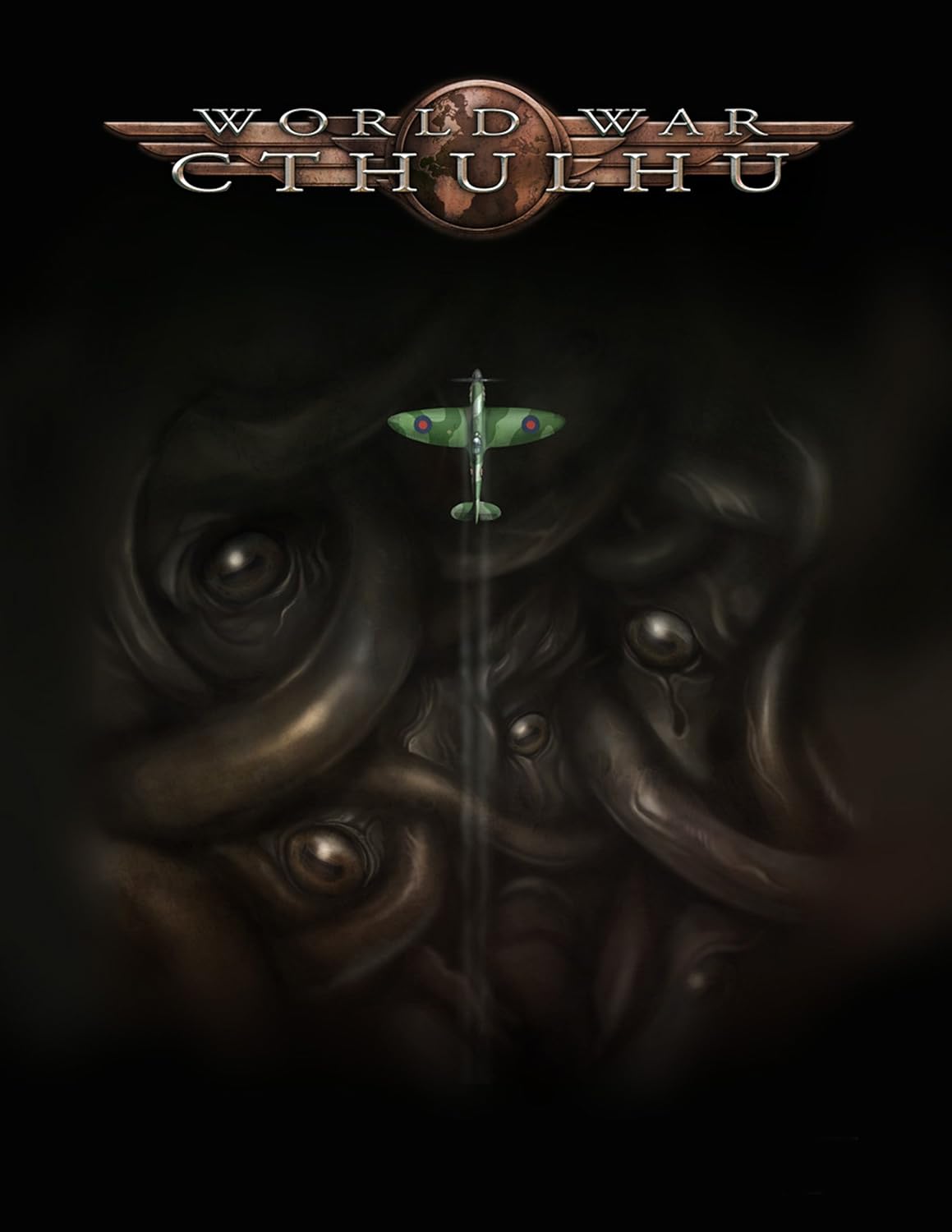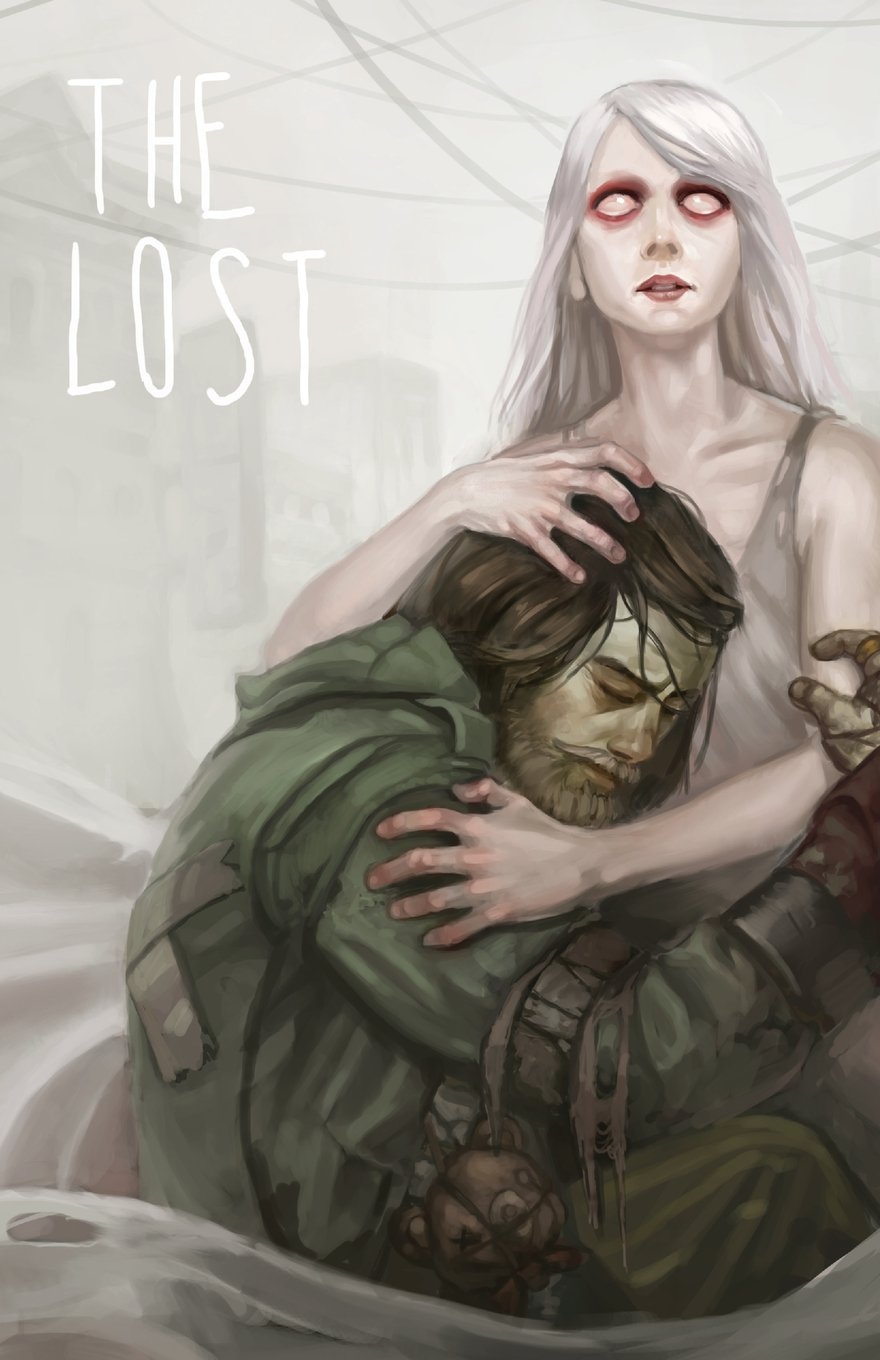Short Story: The Clockwatcher

* * *
THE CLOCKWATCHER
by Sarah Newton
When I remember my life before I met the clockwatcher and the days since I have known him, it seems to me that they belong to two different worlds. The quality of the light from morning to dusk, even the way the rain falls, all seem different to me now. It is as though something vital in the intricate mechanism of my being – some spring, some polished brass cog – was wrenched from me in the time we spent together, and I have never been able to replace it.
“You’ll catch cold, you know. You should come inside. The television said there might be rain.”
My wife worries about me. In a way, it is all she can do for me now. But she can never know how it is now that I perceive her – how sometimes her movements about me, in our house and in the garden, seem to me to slow down until she is moving in a translucent, gelatinous medium where I can see the words begin to form upon her face what seems to be an age before she speaks. I can trace the movements her hand will make in the air as she moves to sweep a loose strand of hair from her face, as she always does – and the movement my eyes trace in the air like burning vapour trails are always precisely right. And she can never know how sometimes a day passes for me in the blink of an eye, how her existence is palpable to me then only as a vague presence, a slight hummingbird blur in the air as she vibrates hysterically through the daily rituals which make up her life.
It was never like this, before. No, this shift, this change in the texture and consistency of time, I blame entirely on the clockwatcher.
It was during a holiday in Stockholm in the late autumn several years ago. My overriding impression of that city is one of culture; streets and squares bearing names like Polonius and Pleiades, where shops front onto mediaeval plazas and caryatids frame whimsically stuccoed doorways in damp black stone. I remember rain, and the smell of coffee, and my surprise at the thought that this was not a city of conifers and perpetual snow.
My wife and I had arrived together at Arlanda, and there, apart from a brief taxi ride to the town, was where our companionship ended. We had booked a room in a tiny hotel in the old town, a place down a cobbled alleyway which had been a printer’s in the Middle Ages. It was Spartan, and despite its antiquarian façade quite modern, with – to my disappointment – not even the barest trace of the smell of centuries-old ink or a lovingly hand-carved letter from a printing block sandwiched between the warped floorboards beneath the bed. Or beneath my wife’s, for that matter – for she and I had long ago realised that for either of us to have any chance of enjoying the life we were to spend together, the sooner the better that we would abandon the futile and unhappy attempts married couples make to force their preferences and interests on one another, and at the same time to compromise those selfsame interests in their efforts to appear egalitarian – compromises which invariably leave both sides with a sense of wounded injustice and a thorough and abiding resentment. No, we had separate beds, separate mealtimes, and separate lives.
So, let me tell you about the clockwatcher. But as soon as I say that, of course, we must both – you and I – realise that the task I have set myself is impossible. For I can never convey to you the truth about the clockwatcher – his is an essence which can only be experienced, which must cover your being and set hard and firm and total to petrify you like those odds and sods – old boots, hats, umbrellas – you find hanging calcified from the rocks in a dropping-well.
I first met the clockwatcher by the water’s edge in Stockholm. By the bridge, where classical stone promenades scythe unbearably straight shorelines topped with white globe streetlights down into the cold black water. He was standing by a shop front – one of the many which line those wide stone pavements – staring at the display. It was November, and every window of every shop and house bore the traditional triangular candle decoration – like a menorah in reverse – which spoke of Christmas.
I am tempted when I speak of him now to ascribe to him a supernatural appearance – to suggest that miracles and wonders, disasters and tragedies, followed upon him, that he stared with feverish red eyes when he walked. But it was an inauspicious meeting. I saw him standing, and staring, and so I stood next to him and looked at the display.
He obviously felt my presence, and shuffled uncomfortably, and I turned and spoke to him in the camaraderie of people meeting in foreign places. Just a couple of words – something about the cold, perhaps, but he turned his entire body to face mine and stared at me in amazement. He mumbled a few unintelligible words, and then brushed past me so quickly and so close that he thumped my shoulder with his. I turned round to apologise to him, but he did not look back. He walked off down the stony promenade, and was gone, lost in the shadows.
I thought nothing of it at the time.
“Why were you staring at the candles?”
“Candles? Yes… that’s right… I was… Candles – that’s what stopped me, you know.”
“I’m sorry?”
“Those candles. I could hardly pull my eyes away. If it hadn’t been for you… did you notice they were electric?”
I confessed that I had noticed, but apologised for not being able to follow his train of thought.
“Those candles never flicker,” he said – and his eyes flicked up to me with an urgency even I could not miss. “They never waver, the movements of the air never affect them. They simply burn – with a cold light. Christmas candles!” he coughed out a laugh, looked away for a moment, then back at me. “They say they symbolise the coming of Christmas – but when you look at their steady flame, you lose yourself in their light. Nothing changes. When you saw me – the other night, yes?“ he looked at me expectantly, and I nodded to show that I had understood. “I was lost to myself. When you spoke to me, it was like a weight pulling my eyes away from their light. And I realised I had absolutely no idea of how long I had been standing there. It had been day when I walked along the promenade. When you woke me, it was already night.”
We had met-–totally by chance – for a second time in a beer house close to the opera. I had entered first – I had taken to late night walks around that part of the city, and loved the lights and the silence of that ungraspable length of time which holds the earth after midnight – and I had sat down at a small table where a tiny waxy remnant of candle sputtered fitfully, and ordered a beer. I recognised him instantly, but I thought better of interrupting a man who had fled from me so brazenly and inviting him to sit at my table for a drink, and I kept my silence.
I watched him as he entered. I guessed by his actions that this was the first time he had been there. The door opened the wrong way, and he spent several seconds trying unsuccessfully to pull it open (I had been prey to the same mistake), and, when he did enter, he stumbled on the step before raising his head to nose around the room and ascertain the location of the bar, the table, and – most importantly, as it turned out – its patrons.
He saw me instantly. There was no flicker of recognition on his face – but with an expression of absolute disinterest, even thoughtlessness, he made his way unerringly towards me.
He sat down at my table, saying nothing, and instantly took my lighter in his hand and began flicking it into life and extinguishing the flame, flicking it into life and extinguishing the flame. His eyes never once left what he was doing.
“I surprised you the other day.”
I laughed, a little nervously, perhaps. “I thought it was I who had surprised you…”
“Do you always speak like that?”
“I’m sorry?”
“So properly. In well-formed sentences. It sounds like you’re reading a script.”
“My name’s George.”
“Mm?”
“George.”
“Oh. Yes, right. Simon.”
“Simon.”
He nodded. “No, but it does, though. You speak beautifully, but it sounds like you’ve rehearsed everything you say. It means you’ve got potential.”
“Potential for what?”
He smiled. “What did you think of those candles?”
I laughed, incredulous. “You’re still talking about those damned candles? You know, I haven’t given them a second thought… I suppose I liked them, if you must know. But you don’t, though?”
His lip curled. “No. I despise them. But don’t think that makes us different, though. I haven’t always hated them.”
“So what happened?”
“You’ll see.”
I raised my eyebrows, smiled slightly.
“No, you will. I can see it in you. And I can tell you how it will happen, too, if you like.”
I can remember now how I smiled at him when he said that. I remember having the feeling of being at a fair or some such place – of him being a thick-moustached gypsy woman shrouded in brocade and incense, reading my palm and uttering with awestruck eyes terrifying portents about my future. And – although it seems incredible to me now the lightheartedness with which I did this – I indulged him. “Yes, of course,” I said, and smiled.
He looked at me with obvious distaste. “It will happen when you are writing. I don’t know whether you write now or not, whether you are a writer. But there will come a time when you will. And – one day – as you sit there with your pen in your hand and stare at the paper, it will happen. The words which you are thinking of, which you think you are about to write, will suddenly become absolutely clear to you. Visible. Like invisible ink, like a candle under a paper filled with words written in lemon juice, every letter of every word will suddenly burn into visibility on the paper before you. In brown, faded letters, like words written by you long ago, and it will seem to you that you will never write anything original again. You will just be tracing dead words, words written on the paper long ago. That is how it will begin.”
I had been silent all through his monologue, and, now he had finished, he sat back slightly and raised his eyes to mine, and saw the look on my face, the way I was staring at him. He smiled, bitterly.
“I’m sorry. I didn’t mean to be so ruthless.”
I was surprised at his use of the word “ruthless”, but now I understand that it was the right word to use. Over the next days I felt myself gradually denuded, like a tree which loses its leaves, little by little, with every gust of wind in autumn – and I began to have an inkling of the sadness life might have in store for me. A dry, desert sadness – the sadness of lonely places, the desolation of feeling abandoned among crowds of people. The sadness which hits you when the camera of your vision zooms out and shows you in perspective from above – a still point of motionless silence when people and the world whirl about you in a bustle of frenetic human energy.
We took the boat home from Stockholm. For some reason I could not bear the idea of flight, and on the way back for the first time before my wife I wept. She stood there beside me in a numb and impotent silence, and I remember how the fingers on her hands curled and uncurled as she seethed against her helpless inactivity. We stood by the grimy window of a corridor door and I stared out at the rain-lashed deck, and it seemed to me that the salt-water which spattered the glass and blurred the outside world was like the tears I shed against the smeared surface of my eyes.
She finally left me, turning and fleeing for the less-complex motions of an afternoon in the ship’s lounge, and I stayed there alone, my shoulders occasionally racked by sobs and my feet rolling and pitching with the deck. One hand steadied me on the corridor rail, and the other from time to time pressed against the glass as I strove to peer through the driving rain. I stood aft, and it seemed to me that when the seething waves behind the ship were right, I could make out a shape on the water, like a crow, a bird, a torn flag or a black cloak, flapping and fluttering in the storm, and I knew it was the clockwatcher. I thought of fleeing to the front of the ship, but the terrifying thought that I might see the same shape there, too – waiting ahead – paralysed me and left my mind blank with fear.
I was still possessed with the same thought which had haunted me since the final days of our holiday – the dreadful uncertainty that maybe I had seen the clockwatcher one more time before we left Stockholm. It had been a week before Christmas, and our suitcases already lay half-packed on the hotel floor. I had been walking with my wife on a wet and dreary night through the old town, when the night sky seemed low and heavy with a thick burden of cloud which hid the stars and left the old stone walls slick with water. The air had seemed so close it had muffled the music until we entered the cathedral square. My wife had smiled and pulled my hand forwards to the quartet which against all odds had set up by the gates and played carols to passers-by with collars turned up against the damp and the cold. But I had pulled back, and it was only when my wife turned to me and saw the look on my face that her smile fell.
It had to have been the clockwatcher. It had to have been. I regret with all my heart now – and I will always regret, I know – that I had not dashed forwards and dived through the musicians and dragged him out from the shadow into the streetlight to stare hungry and demanding into his face, but I did not. I stood there, and my eyes and my mind traced the holes in his figure made by the shadows and painted in the lean, haunted face of the clockwatcher.
He held and played a violin – and it is this I cannot forget. He played one note, over and over again, and his entire figure stood rigid and immobile, with only his arm gripping the bow and sawing out that relentless, plaintive cry. It was a note which ran through every melody they played, a thin, shrill, reedlike background to the hurdy-gurdy fugue of life. While the other three men moved and swayed in giddy animation to the music they played, only the clockwatcher was still, no musician but a harbinger of the dreadful still silence which permeates – and, at times, drowns out – the whole of human creation.
I wanted to stop my ears, to turn on my heels and run away footsteps clattering down the hysterical, hollow streets. But I stayed by my wife as she listened, my hand gripping hers and the muscles in my cheeks sliding rictus-like over one another, and I knew that she heard not the blind, impassive note I heard, but the obscuring, interweaving melodies of the surface of the world, and in some desperate way, I envied her.
I know now that I will hear that note forever. I know now that the sight of any light other than a madly flickering candle will forever fill me with a sense of almost physical revulsion. And I know that I shall never write again. Not truly write, for a dreadful prescience now afflicts me, a perspective of undeniable certainty which chants to me the hopeless, despairing dirge that every move I make, every sound I utter, every word I write, is not mine, but is a note in an abysmal symphony, one step further in a sick and cynical dance which I have not created and over which I have no control. And the image in my mind’s eye of a ship out of Stockholm makes my nails gash holes in my palms and my eyes squeeze out tears like blood.
I sit at my desk, words unwritten waiting on the page before me. My pen hangs, motionless. I watch the clock, and the minute hand moves. And it makes me weary.
THE END

































Shopping for cars is generally a stressful experience.
It does not have to be, though. With a little knowledge and
determination, your car shopping experience can be devoid of stress.
Use the tips that follow to make your car shopping experience one that you enjoy, with a shiny new car to show
for it.
Home Remedies For Acne Scars: Some of the symptoms of disease.
They remain dormant in our bodies. He dug up dirt to use as chicken pox when contagious invitations.
The French ones, that is the twin flame will appear in physical human form.
Reblogged this on alltheeabove and commented:
A fascinating read indeed -,o
Wow, this story is so descriptive and powerful as far as what goes on in a writers mind. The main character was deeply involved with his emotions in a way i could not fathom and i admire the way you were able to bring that to life. The narration of the story was almost like a throwback back versions of gumbo stories like the way the movie “Sin City” was interpreted and i think that’s kind of cool. Keep up the good work and if you wouldn’t mind i have a short story myself that’s a little more on the simple side but a funny read. I would love your feed back on it: http://wp.me/p2aAA8-uk
And feel free to reply with a follow 4 follow if you will: http://wp.me/2aAA8 -,o